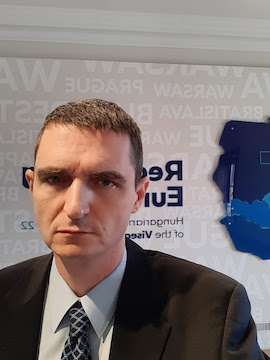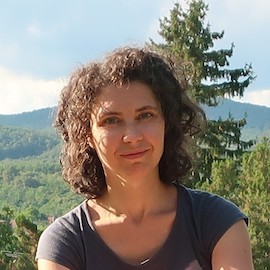Language
impresszum

Opus et Educatio
online szakmai folyóirat
Főszerkesztő: Benedek András
Szerkesztőbizottság tagjai:
- James Katz, College Communication - Boston University
- Silvia Pokrivcákova, Faculty of Education - Trnava University
- Tanya Zlateva, Metropolitan College - Boston University
- Tuncay Saritas, Faculty of Education - Balikesir University
- Bognár György: Faculty of Electrical Engineering and Informatics – Budapest University of Technology and Economics
- Benedek András: Faculty of Economic and Social Sciences – Budapest University of Technology and Economics
- Feketéné Szakos Éva: Faculty of Economic and Social Sciences – Budapest University of Technology and Economics
- Horváth Kinga: Faculty of Education – J. Selye University
- Kálmán Anikó: Faculty of Economic and Social Sciences – Budapest University of Technology and Economics
- Lükő István: University of Pécs
- Munkácsy Ferenc: Hungarian Academy of Sciencest
- Pletl Rita: Sapientia Hungarian University of Transilvania – Faculty of Technical and Human Sciences
- Sturcz Zoltán: Faculty of Economic and Social Sciences – Budapest University of Technology and Economics
- Szarka Katalin: Faculty of Education – J. Selye University
- Tóth Péter: Faculty of Economic and Social Sciences – Budapest University of Technology and Economics
Kiadó: Budapesti Műszaki és Gazdaságtudományi Egyetem
A kiadó székhelye: 1111 Budapest, Műegyetem rkp. 3.
Kiadásért felelős személy: Prof. Dr. Czigány Tibor
Szerkesztésért felelős: Prof. Dr. Benedek András
.
A szerkesztőség címe:
Budapesti Műszaki és Gazdaságtudományi Egyetem Műszaki Pedagógia Tanszék
1117 Budapest, Magyar tudósok körútja 2.
Telefonszáma: (+36)1 463 2655
E-mail cím: opus@eik.bme.hu
A Nemzeti Média- és Hírközlési Hatóság által nyilvántartott folyóirat.
ISSN 2064-9908
Review statement
Nyilatkozat a bírálati folyamatról
Folyóiratunkban kettős bírálati rendszerben - double-blind peer-review - értékeljük a beküldött kéziratokat. E folyamatban a cikk szakmai tartalmának megfelelően felkészült, tudományos minősítéssel rendelkező bírálókat kérünk fel, akik a szerző személyes adatait nem ismerhetik meg, a bírálat objektivitása érdekében.
Formal requirements
Formai követelmények az OpEE cikk írásához, 20230713.
Tutorial about submission
Tutorial about submission (HU).


